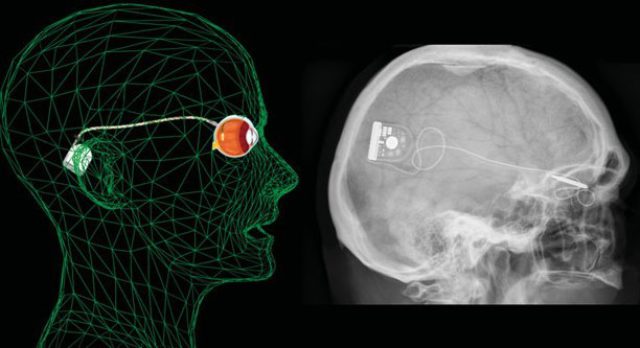Researchers at the Proceedings of the Royal Society B in Germany reported their trial findings.The study aimed at helping people with hereditary diseases such as retinitis pigmentosa that degenerates the photoreceptors and often cause blindness. This device therefore substitutes the essential functions of photoreceptors in patients who have hereditary retinal degeneration. Nine blind patients have yielded positive results in the trial and can see at varying degrees after the “wirelessly powered, subretinal electronic implant alpha-IMS” was implanted.
Light is converted into electrical currents with the aide of “Photoreceptors—cones and rods—in the outermost layer of the retina”. The generated electrical signals are then processed, forwarded via axons and then to the visual cortex. The coolest part of the device, is that it uses no external visible gear. For more on this, see source link below.
Source: Proceedings of the Royal Society B
Advertisement




































